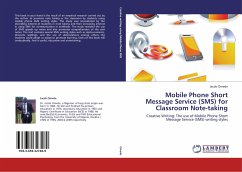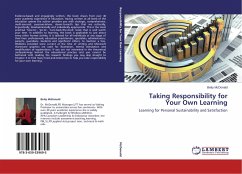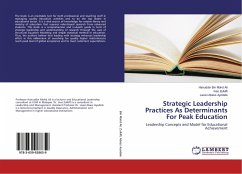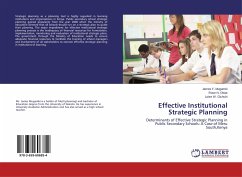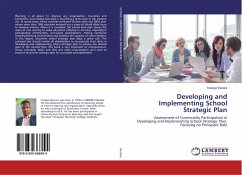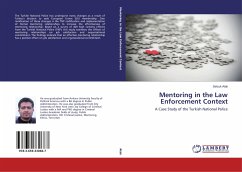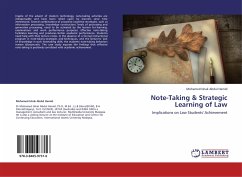
Note-Taking & Strategic Learning of Law
Implications on Law Students' Achievement
Versandkostenfrei!
Versandfertig in 6-10 Tagen
32,99 €
inkl. MwSt.

PAYBACK Punkte
16 °P sammeln!
Inspite of the advent of modern technology, note-taking activities are indispensable and have been relied upon by learners since time immemorial. Several combinations of proactive cognitive strategies, such as information processing, knowledge construction, levels of processing and generative processing, need to be activated by the learner for learning, examinations and work performance purposes. Effective note-taking facilitates learning and produces better academic performance. Students need help with their lecture notes. In the absence of a formal instructional program in note-taking strate...
Inspite of the advent of modern technology, note-taking activities are indispensable and have been relied upon by learners since time immemorial. Several combinations of proactive cognitive strategies, such as information processing, knowledge construction, levels of processing and generative processing, need to be activated by the learner for learning, examinations and work performance purposes. Effective note-taking facilitates learning and produces better academic performance. Students need help with their lecture notes. In the absence of a formal instructional program in note-taking strategies and techniques, and the lecturers lack of knowledge in such notetaking skills, the students' note-taking behaviors remain idiosyncratic. The case study exposes the findings that effective note-taking is positively correlated with academic achievement.



